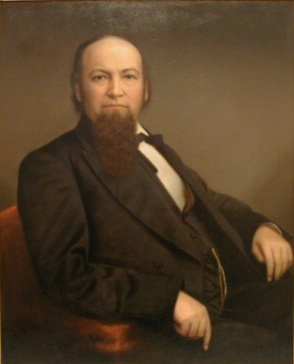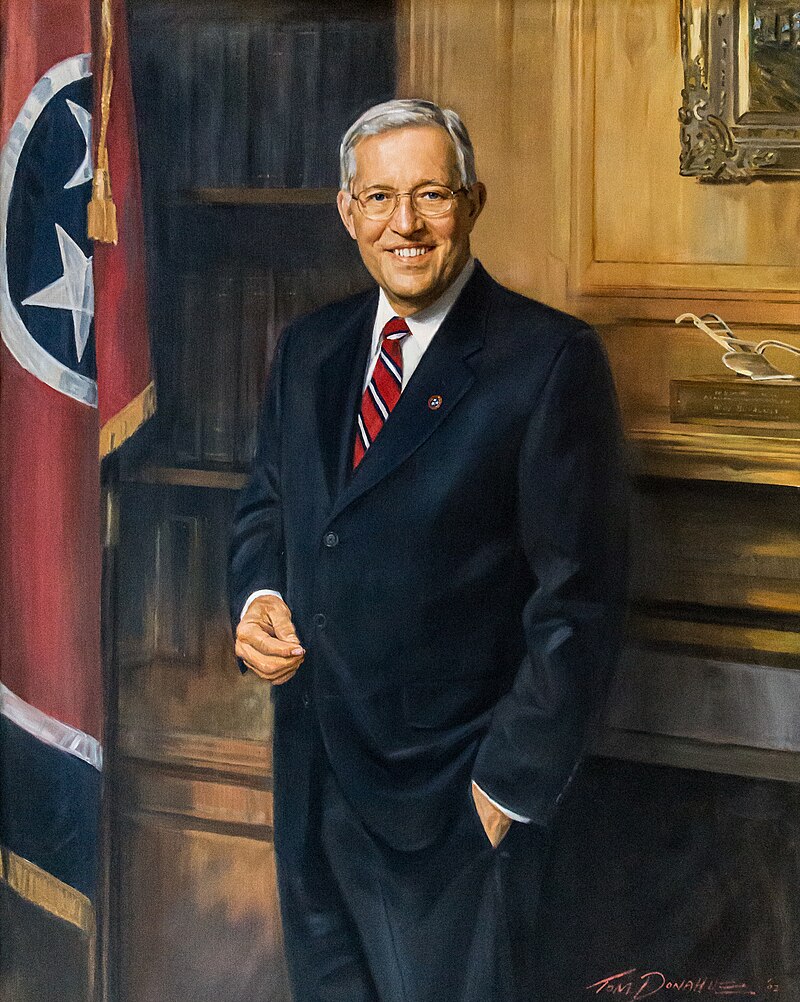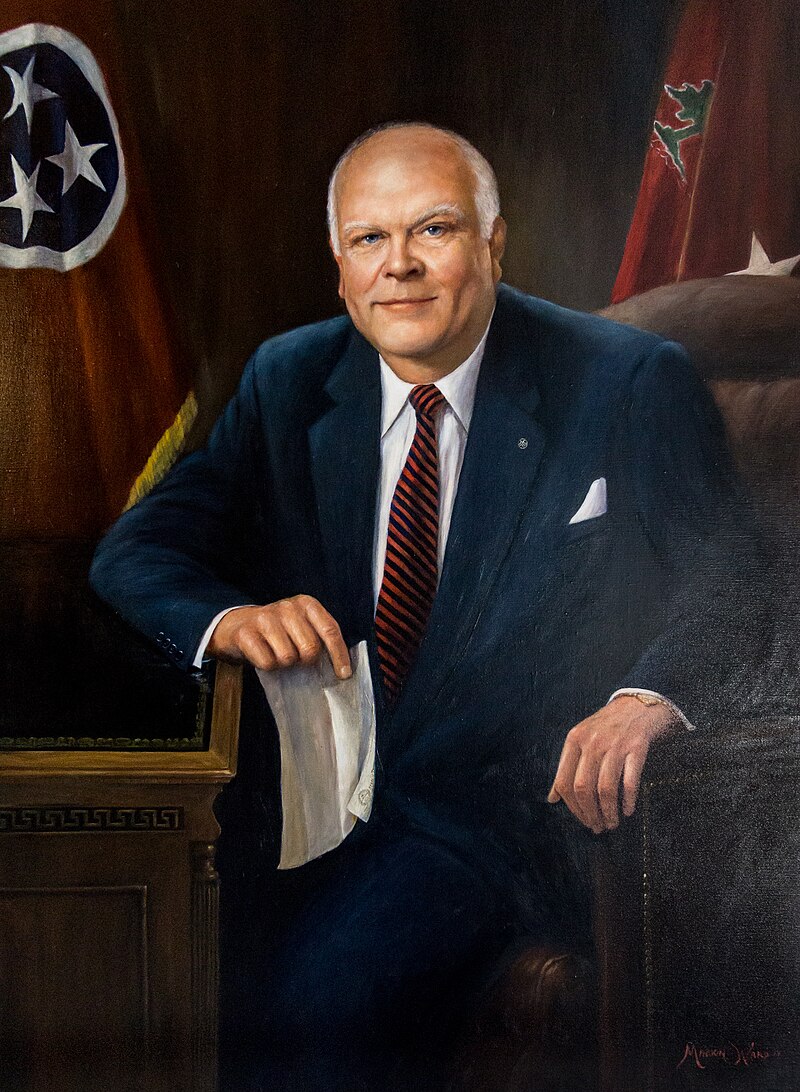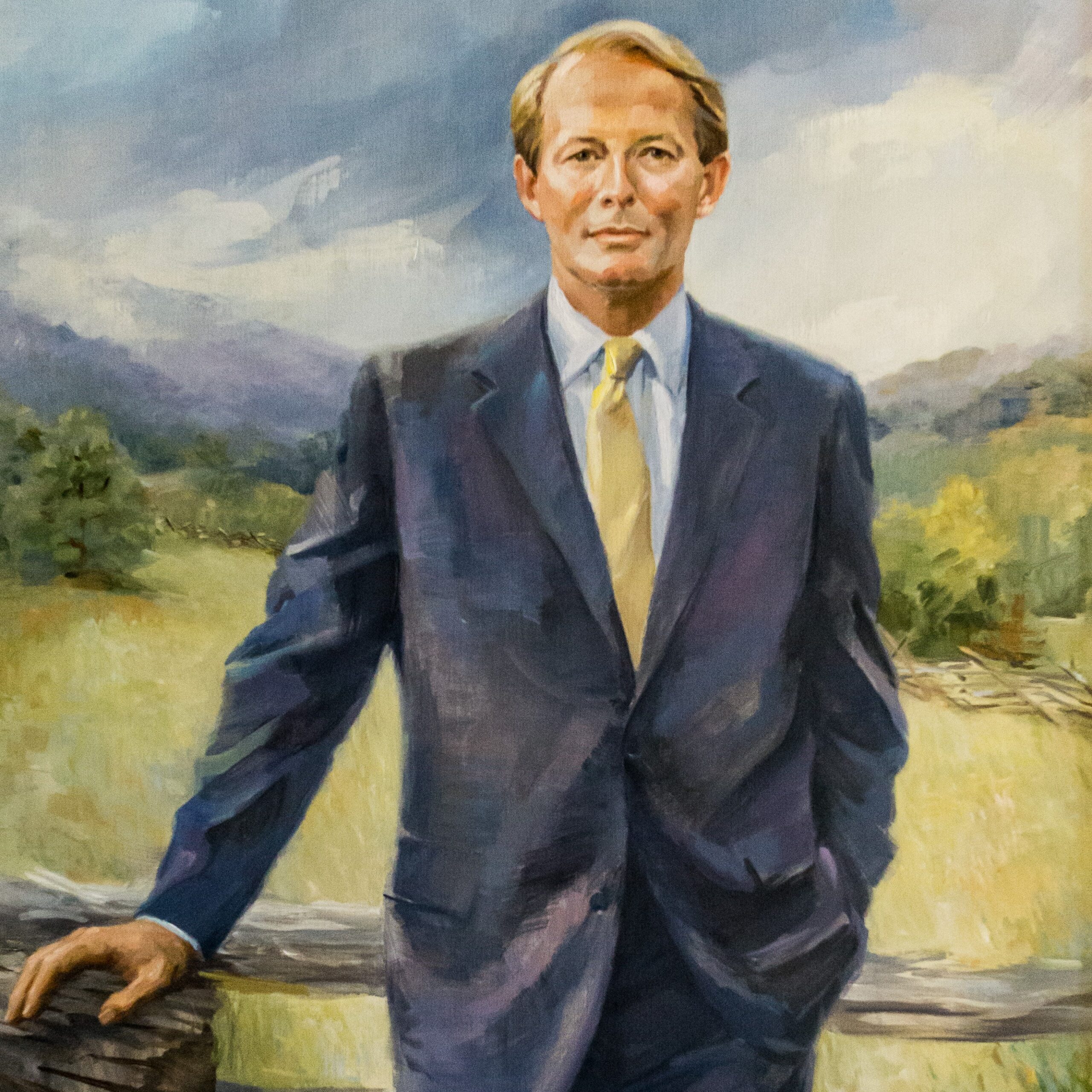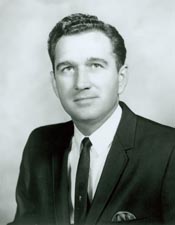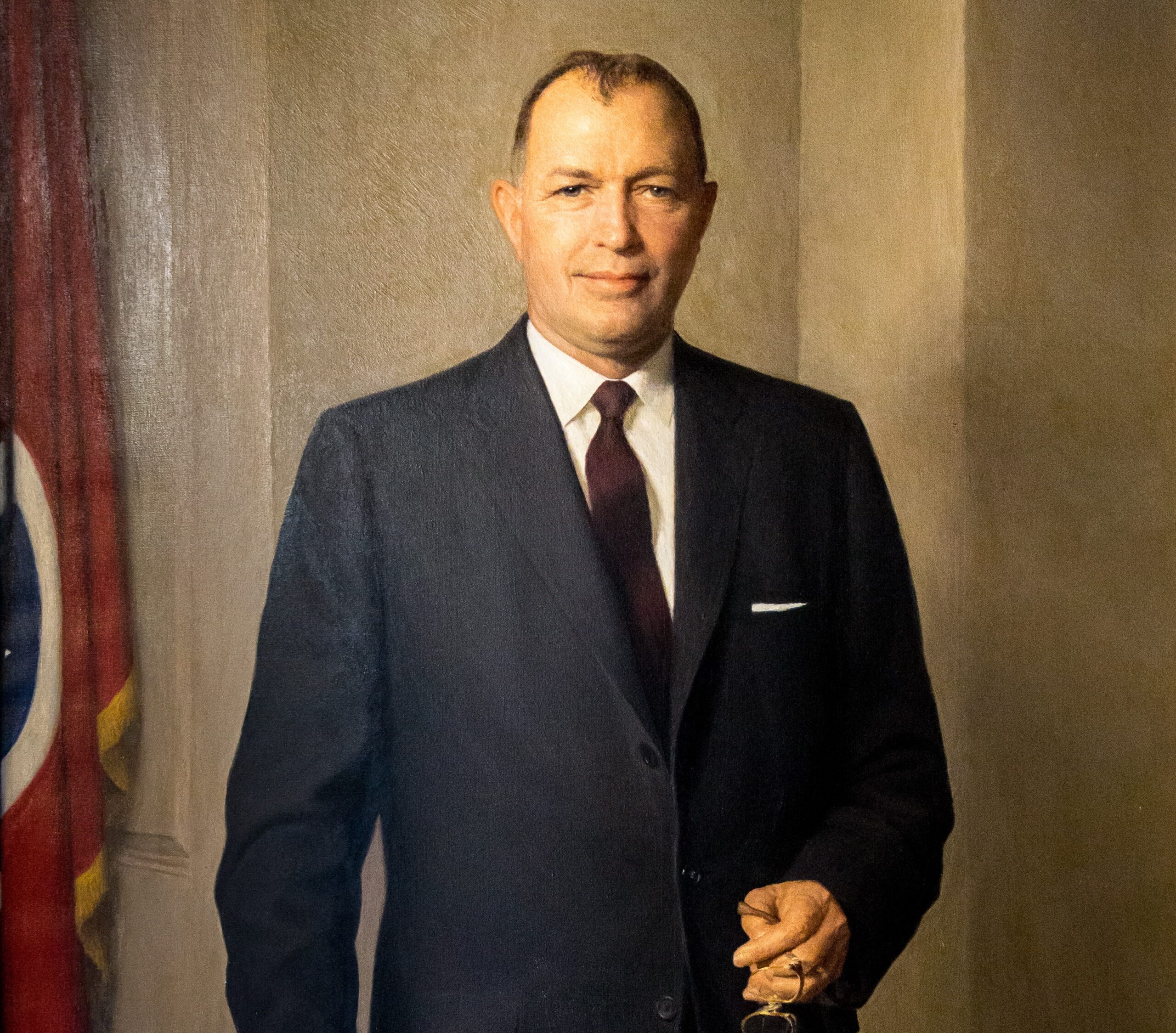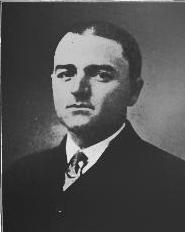Tennessee
Gov. Albert Smith Marks
- February 16, 1879 - January 17, 1881
- Democratic
- October 16, 1836
- November 4, 1891
- Kentucky
- Married Novella Davis; two children
- Army
About
ALBERT SMITH MARKS was born in Davies County, Kentucky. Moving to Winchester, Tennessee at the age of nineteen, he studied law and was admitted to the Bar in 1858. Although a Democrat and a Unionist, Smith entered the Confederate Army, rising to the rank of Colonel in the Tennessee Infantry and losing his right leg at the Battle of Murfreesboro. Remaining in the Army after the war, he became a Judge Advocate and was later elected Chancellor of the Fourth Chancery Division. Although he was reelected to that position, he resigned to run for governor. Like his gubernatorial predecessor, Marks was unable to resolve the problem of the state’s debt, and he chose not to run for reelection out of concern that a split in the Democratic Party over the issue might give the election to the Republicans, which in fact did occur. Six years after leaving office Marks made an unsuccessful bid for a U.S. Senate seat, after which he served as an elector for the state at large on Grover Cleveland’s presidential ticket. For the following three years, until his death, he practiced law. He died in Nashville and was buried in Winchester.
Source
Philips, Margaret I. The Governors of Tennessee. Gretna, LA: Pelican Publishing Company, 2001.
Sobel, Robert, and John Raimo, eds. Biographical Directory of the Governors of the United States, 1789-1978, Vol. 4. Westport, CT: Meckler Books, 1978. 4 vols.
White, Robert H. Messages of the Governors of Tennessee, 1869-1883. Nashville: The Tennessee Historical Commission, Vol. 6, 1952.

